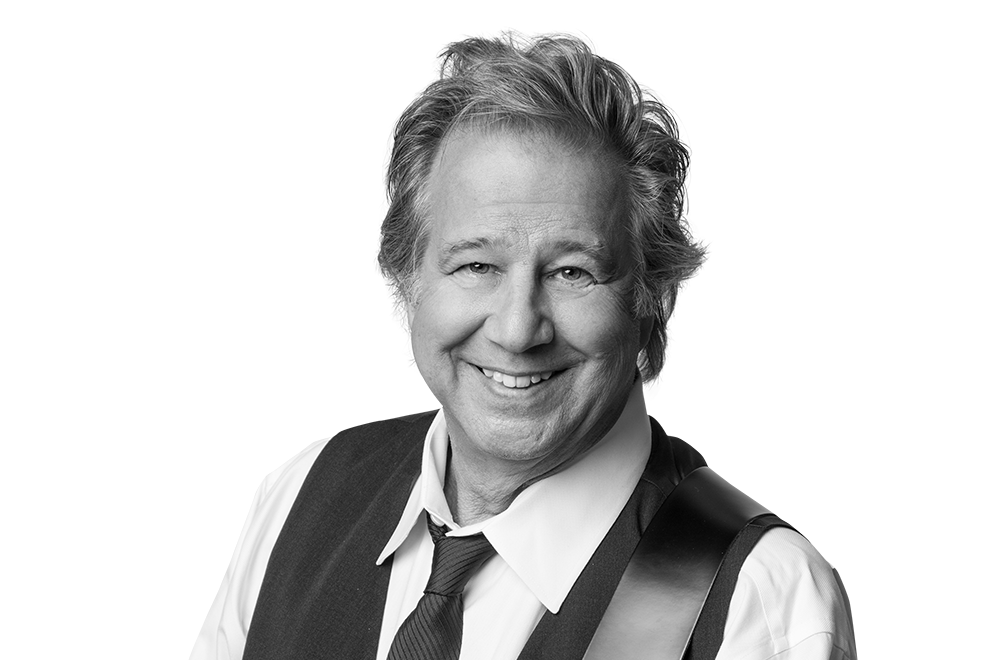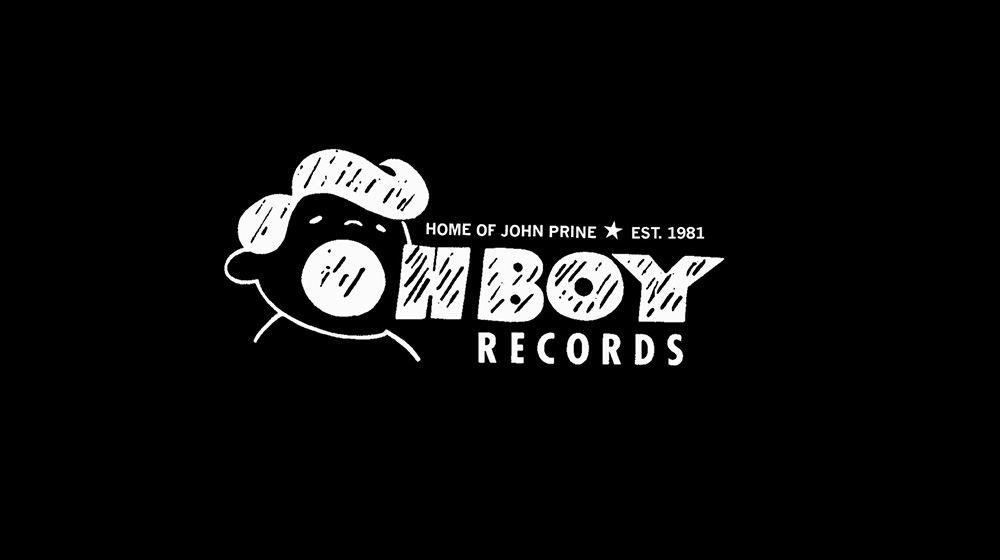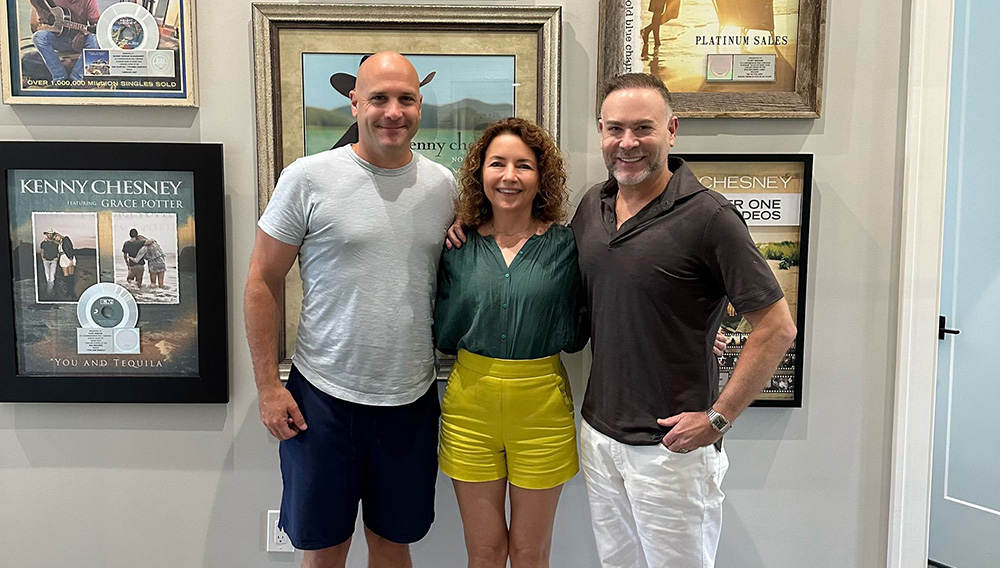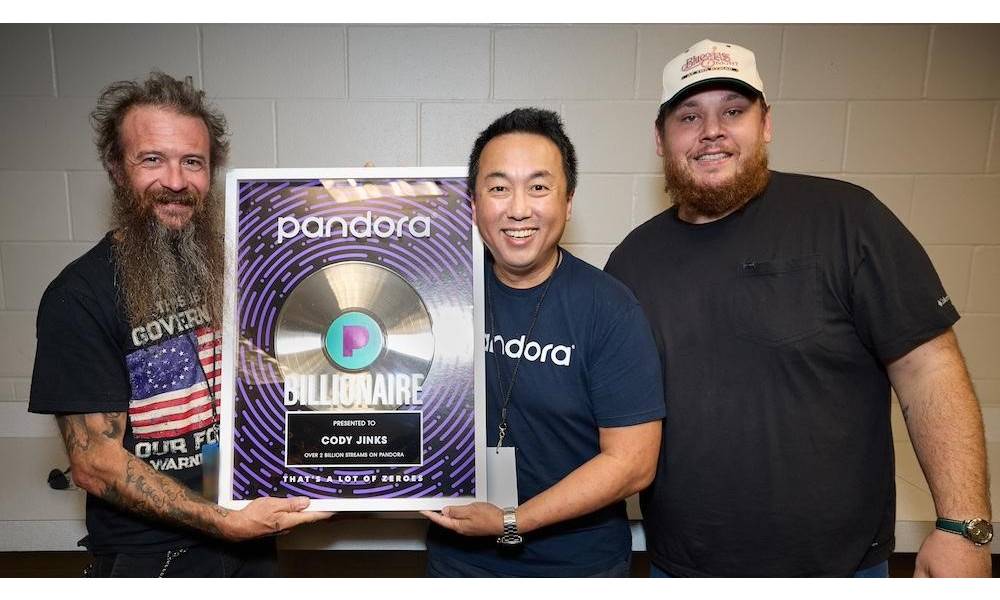(Hypebot) — By: Hannah O and Danait Brook, Associates at CAD Management
As the current CEO of Sony Music Publishing, Jon Platt is known to be one of the most powerful and influential music publishers of his generation.
He is credited with bringing hip hop and R&B music into mainstream music publishing and boasts collaborations with superstar writers such as Jay-Z, Beyonce, Kanye West, Pharrell Williams, Drake, Rihanna, and Usher. Throughout his 26 years in music publishing, he has advocated for diversity and equality by highlighting the importance of having POC in leadership positions.
Larry Miller, host of the Musonomics podcast and Director of the Music Business Program at NYU Steinhardt, recently had the opportunity to interview Platt in front of a live audience at NYU to talk about his journey in the music business, diversity as a competitive advantage, and current issues affecting the future of the industry.
Born in Philadelphia and raised in Oakland, Platt faced a huge culture shock when his family moved to Denver, Colorado. Platt grew up listening to R&B music, but was suddenly introduced to the world of classic rock. He began deejaying in Denver and was put in contact with Chuck D from Public Enemy. They formed a friendship and Chuck challenged him to pursue a career in the music business.
Platt moved to L.A. and began helping music students at USC sign publishing deals at EMI, one of the biggest music publishing companies at the time. In 1995, Jody Gerson “changed his life forever” by hiring him as a creative manager in the A&R department of EMI. It was the lowest starting position in that division, but he quickly worked his way up. Within his first 6 months, he signed Marqueze Etheridge who wrote TLC’s “Waterfalls”. He went on to become the president of creative at EMI.
When EMI was purchased by Sony, Platt left and became the president of creative at Warner Chappell music publishing company. The CEO of Warner Chappell was also simultaneously the CEO at Warner Brother Records, so he was pulled in many different directions. This gave Platt the opportunity to grow tremendously as a leader at Warner Chappell, and two years later he was asked to be the chairman and CEO.
“lean into the discomfort”
After many years at EMI and Warner Chappell, Platt is now the CEO of Sony Music Publishing and one of the most powerful executives in his field. As the only black CEO at a global music company, Platt feels a deep responsibility to bring diversity and inclusion to his level of the industry. He believes that it is important for BIPOC professionals in the music industry to see people who look like them in leadership positions, and he hopes to inspire them through his work. In an open letter called “A Change Must Come” Platt reflected on the aftermath of the murder of George Floyd and spoke on the current climate of the music industry. Penned in June of 2020, Platt addressed the lack of diversity within executive positions in music and encouraged the music community to “lean into the discomfort” and speak out. “Our industry covers every genre of music and is welcoming to new creations. Inside our companies, the workforce should be equally diverse. My dream is for our companies to be an orchestra of races, creeds, and colors.”
The impact of COVID
When asked about COVID and its impact on the music industry, Platt states that while the pandemic has halted the production of music and touring, there have been some positive innovations and insightful ways that songwriters have self-corrected. He cites innovative projects like Versuz, the music webcast famously popularized in 2020, and the social media platform TikTok as examples of positive opportunities, “as much as it negatively challenged us”. He states, “there were so many other positive aspects of it as well that we were able to get out of it and take forward with us.”
Throughout his career, Platt has tirelessly fought for songwriters to be compensated fairly. Often credited with fostering hip hop as a significant force in music publishing, he continues to believe that one of the biggest challenges the music publishing industry faces today is compensating songwriters fairly for their work. Platt looks to the Music Modernization Act as one of the solutions to this pressing issue and states that he sees good news on the horizon for songwriters thanks to the recent rise in the CRB Rate of compensation. As he looks to the next year and beyond, Platt states that he looks forward to continuing in the fight of his career for the prioritization of songwriters, and he hopes that fellow music publishing companies will continue on with him.
To listen to the full Musonomics Episode 35 podcast, stream it now on Spotify, SoundCloud, and iTunes.






























































